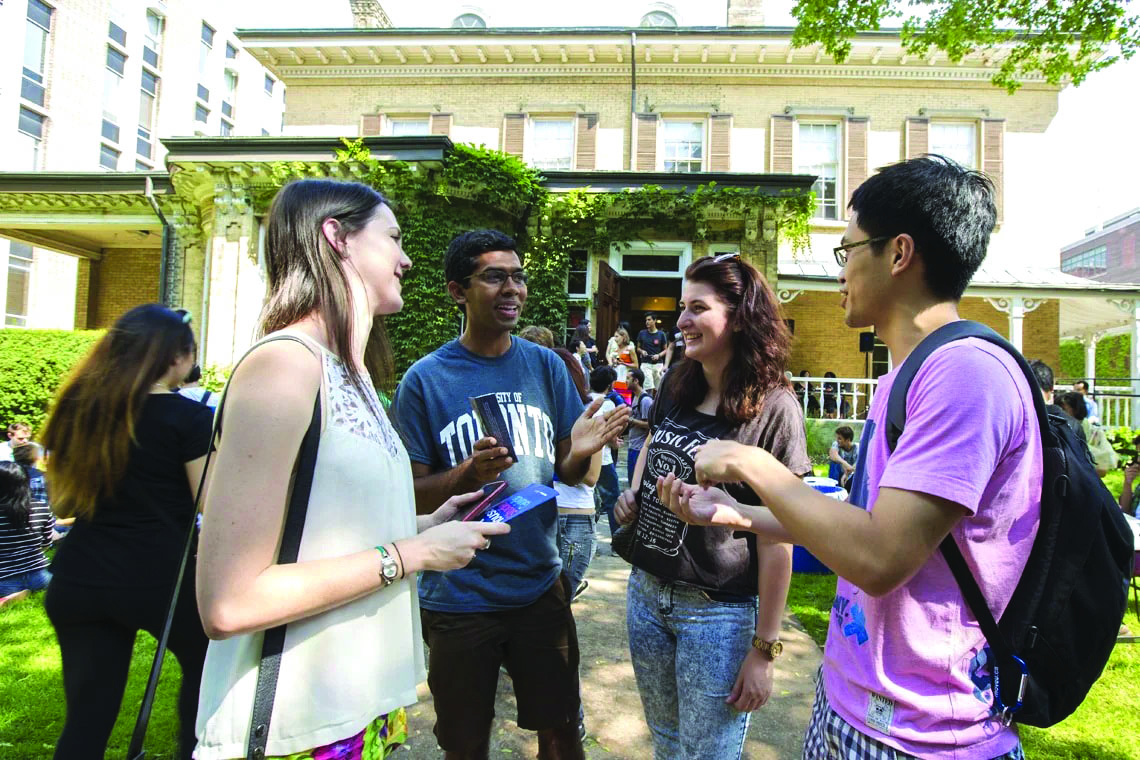
Indian students in Canada: mobility danger
The escalating diplomatic row between Ottawa and New Delhi has the potential to deter thousands of Indian undergraduates from studying in Canada, academics have warned.
After Canadian prime minister Justin Trudeau suggested that India might have been behind the assassination of a Sikh leader and Canadian national in British Columbia, New Delhi closed its visa-processing centre for Canadians, halting the issuing of new visas.
Academics warn that if the rift continues to grow, it could have devastating consequences for student mobility. “If the Indians and/or the Canadians…cancel visa issuing, that’s a huge problem,” says Philip Altbach, professor of higher education at Boston College.
Altbach says one doesn’t have to look far to see what happens when a country weaponises education, with the Trump-era attempts to stop issuing US visas to Muslim countries causing a large dip in student numbers from affected countries.
Although the number of India-bound Canadian scholars and students is so small as to be a “non-issue”, traffic in the other direction is substantial, he said. More than 40 percent of the 800,000 international students in the country in 2022 were from India, making it the largest source country for overseas learners.
Ratna Ghosh, professor emerita of education at McGill University, suggests that Indian students might choose to head elsewhere. “Since Covid, international student flows have taken a turn, and Indian students are going to other countries in Europe and Asia. With international universities opening branch campuses in India, many have the choice to get foreign degrees without the extra cost of going and living in Canada,” she says.
Although scholars doubt that India could stop students from going to Canada, they say it could still wreak considerable damage. “They could discourage Indian students by many means,” says Roopa Trilokekar, an associate professor of education at York University, including warnings about security risks, or playing up instances of anti-immigrant sentiment.























